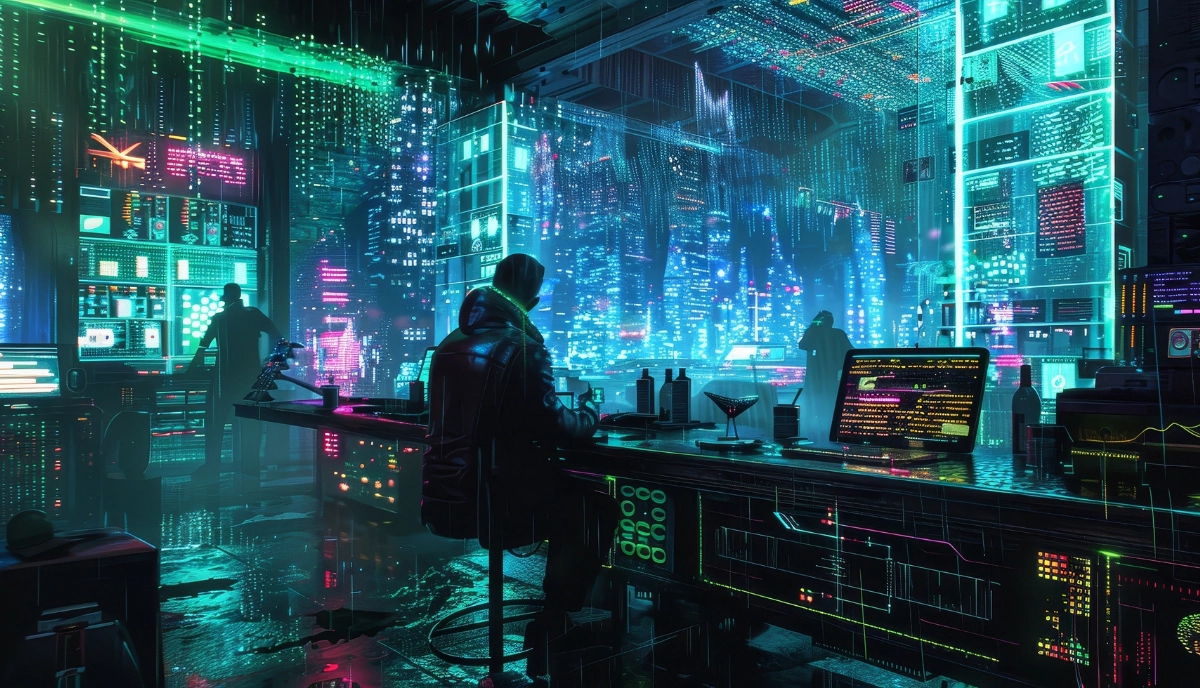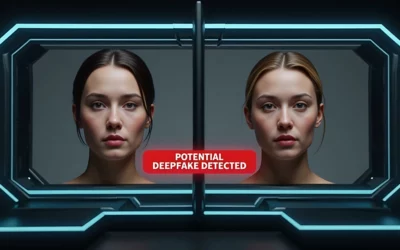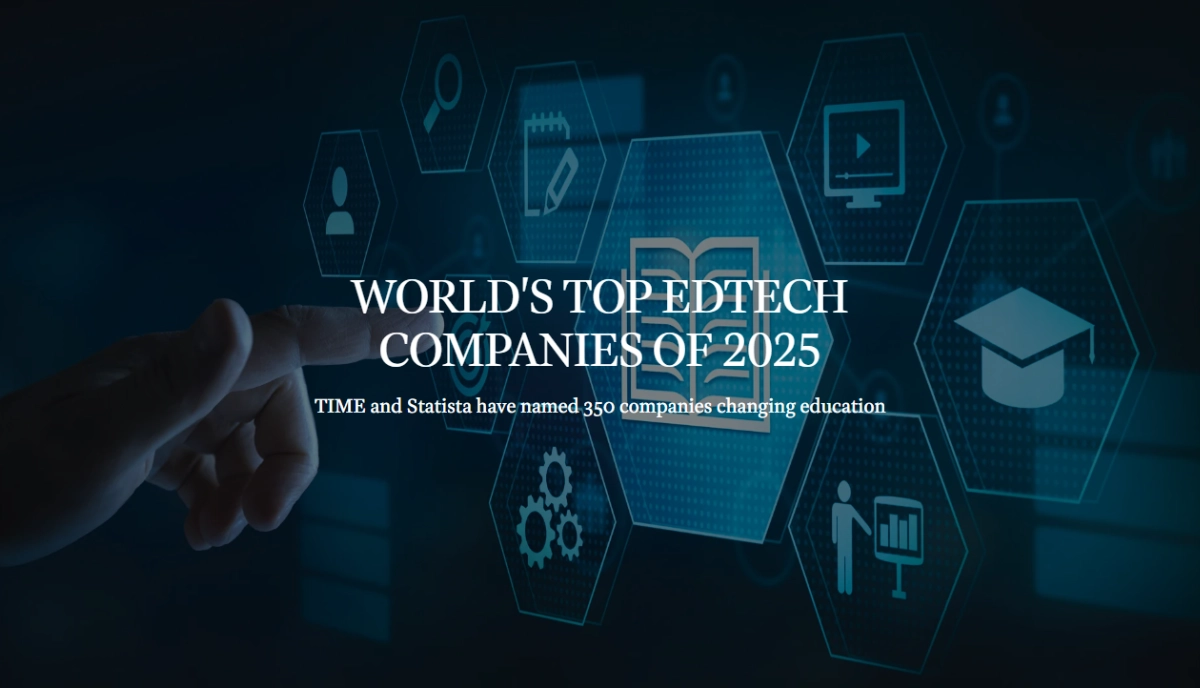Appropriate legislative measures but also effective training are needed.
The days of lupara, violent actions and hidden godfathers in the countryside are long gone.
Today, the Mafia uses other tools to achieve its goals, and is deeply influenced by the dynamics of globalization and the evolution of technologies.
One of its privileged spaces is the deep web
where organized crime moves with great dexterity.
In short, “Mafias in the modern era prefer keyboards to guns,” partly because the Net has thrown open the doors of endless possibilities for action,” making it easier “for criminal organizations” to connect their activities with cybercrime. It has become a mafia that is in step with the times, indeed, riding the times, exploiting the draft, and that in many cases is even ahead of the dominant “culture.”
After all, already Giovanni Falcone, said that the mafias “will always have a length ahead of us.”
Recounting the evolution of mafias is the book The Dark-Web Side of Mafias. Procurement, crypto and cybercrime. Mafias now: more invisible and powerful signed by a number of scholars including Antonio Nicaso and Greta Nasi, and published by Milan-based publisher Zolfo with a foreword by Nicola Gratteri.
The publication breaks down the traditional idea of the mafia that has been featured in the most heinous news stories for years, as well as in books and movies, and proposes a new model of the mafioso, who knows multiple languages and juggles cryptocurrencies, who wins contracts without bribing, and who moves with skill in the complex world of finance.
A revolution that, however, still does not seem to have been taken up not only by common opinion but also by the legislature, which continues to pass-according to the two authors-obsolete laws that are inadequate to counter such a complex phenomenon, despite the numerous alarms sounded over time by magistrates and insiders.
The prosecutor of the DDA of Reggio Calabria, Giuseppe Lombardo, for example, at the“We Make Future” digital future fair in Rimini in June 2023, warned of the technological overtaking that the mafias have made.
“Mafias are ahead,” Lombardo said, “because they know very well that we need to invest in new technologies not only to communicate in a particularly secure way, but they know that new technologies are now applied to financial transactions, especially on an international scale. They know that investing in the future means anticipating a whole series of trends that also means planning for new criminal activities in the coming years, and so they are very attentive to what the evolutionary processes are. They’re particularly interested in new software, they’re particularly interested in encrypted communications, they know perfectly well what the risks are, and so they also put in place a whole series of expedients that serve to evade investigation.” According to the magistrate, therefore, a transformation is also needed on the part of those engaged in law enforcement.
More generally, as noted in the book, of concern is the evolutionary change made by mafias. The ‘ndrangheta, for example, “has become a criminal holding company: it no longer attacks the state head-on… It is a silent and pervasive mafia that pollutes legal economies, intoxicating them with corruption and money laundering. The time we live in, requires the utmost resilience of the Police Force, which must adapt to rapidly changing criminal scenarios in order to maximize profits, taking advantage of technological advances, from cryptocurrencies to the Metaverse,” said Prefect Vittorio Rizzi, former Deputy Chief of Police and Director of the DCPC.
The National Anti-Mafia Prosecutor, Giovanni Melillo, had also stressed the need to “take into account the extraordinary vitality of the techniques of evasion of all control connected with the ability, not only of organized mafia crime, to equip itself with technologies capable of preserving its impenetrability: encrypted platforms and recourse to the dark web for ordinary telematic communications, sophisticated electronic surveillance systems of areas of interest, obsessive care for the secrecy of movements and communications of the top management of criminal groups.”
And, on the same wavelength, the Palermo Attorney General had also expressed his hope for swift legislative action to comply with dangerous regulatory loopholes: “We must act quickly on the dark web front that stimulates Cosa Nostra’s voracity and is fertile ground for arms trafficking and cryptocurrency transfer with disturbing dimensions.”
Critical issues on the legal level The Dia points out that recent investigative activities conducted by the Central Service of Judicial Police, as well as by the territorial Dia branches, “have revealed an increasing use of crypto telephones by individuals belonging to organized crime syndicates of Campanian, Calabrian, Sicilian and even foreign, notably Albanian, matrix.”
Hence the need to reshape the investigation “by providing investigative activities that are state-of-the-art and functional to implement wiretapping services capable of deciphering encrypted conversations of suspects.” A circumstance, however, that has highlighted critical issues on the legal level, giving rise to a domino effect that inevitably also affects past, present and future investigative activities that “must take into account useful sources of evidence shared by the Police and Judicial Authorities, but which come from investigative acquisitions of other EU countries where, on the subject of encrypted communications, there is a different legislation than in our country and that for this reason, unintentionally hinders the collection of useful clues for the purpose of the guilt of the person under investigation.”
Thus, this is a thorny subject that creeps into the gap of law that on the one hand sees the “need for Member States to protect their citizens from unlawful processing of data that may undermine the enjoyment of fundamental rights; on the other hand, respect for privacy, to avert indiscriminate investigative activities that may also pick up conversations of third parties that are not useful or useless.”
In short, the subject matter is thorny and complex, and certainly for those interested in delving into it, this book offers interesting insights and knowledge.
However, one should not make the mistake of thinking that the topic is only a subject of study for insiders or investigative authorities, because the ultimate victims remain citizens and businesses, their money and their data.
While, therefore, the hope is that the authorities will strengthen their defense tools, on the other hand, each of us, especially as part of a company or organization, should do our part by developing greater awareness of the possible implications of any action taken online.
This is only possible through quality training, including continuous training modeled after the most advanced developments in the cyber world. The latter, we now know, is constantly evolving and changing, and effective training must keep pace with the daily risks we all take.







